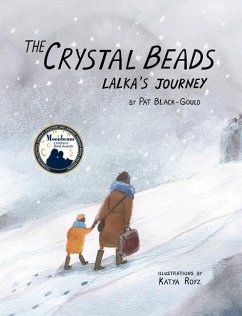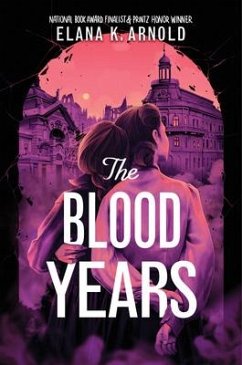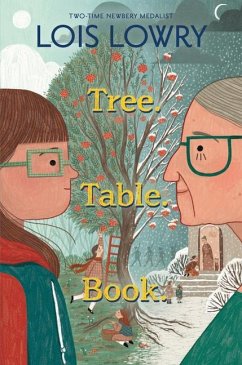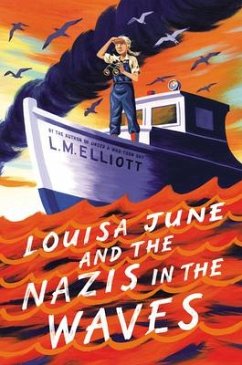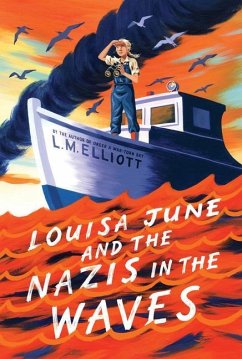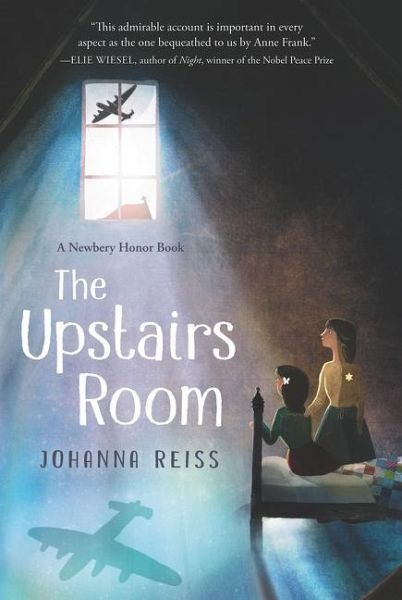
The Upstairs Room
Versandkostenfrei!
Versandfertig in über 4 Wochen
9,49 €
inkl. MwSt.

PAYBACK Punkte
5 °P sammeln!
When the German army occupied Holland in 1940 and marched into the town of Winterswijk, Annie de Leeuw was only eight years old. Because she was Jewish, her life was in danger. Most people thought the war wouldn't last long. But Annie knew that if she wanted to stay alive and avoid capture, she would have to go into hiding. Fortunately, a Gentile family offered asylum to Annie and her older sister, Sini. For two years they hid in the cramped upstairs room of the Oostervelds's remote farmhouse. There, Annie and Sini would struggle to hold onto hope-separated from their family and confined to on...
When the German army occupied Holland in 1940 and marched into the town of Winterswijk, Annie de Leeuw was only eight years old. Because she was Jewish, her life was in danger. Most people thought the war wouldn't last long. But Annie knew that if she wanted to stay alive and avoid capture, she would have to go into hiding. Fortunately, a Gentile family offered asylum to Annie and her older sister, Sini. For two years they hid in the cramped upstairs room of the Oostervelds's remote farmhouse. There, Annie and Sini would struggle to hold onto hope-separated from their family and confined to one tiny room-as a frightful and endless war raged on outside their window.






